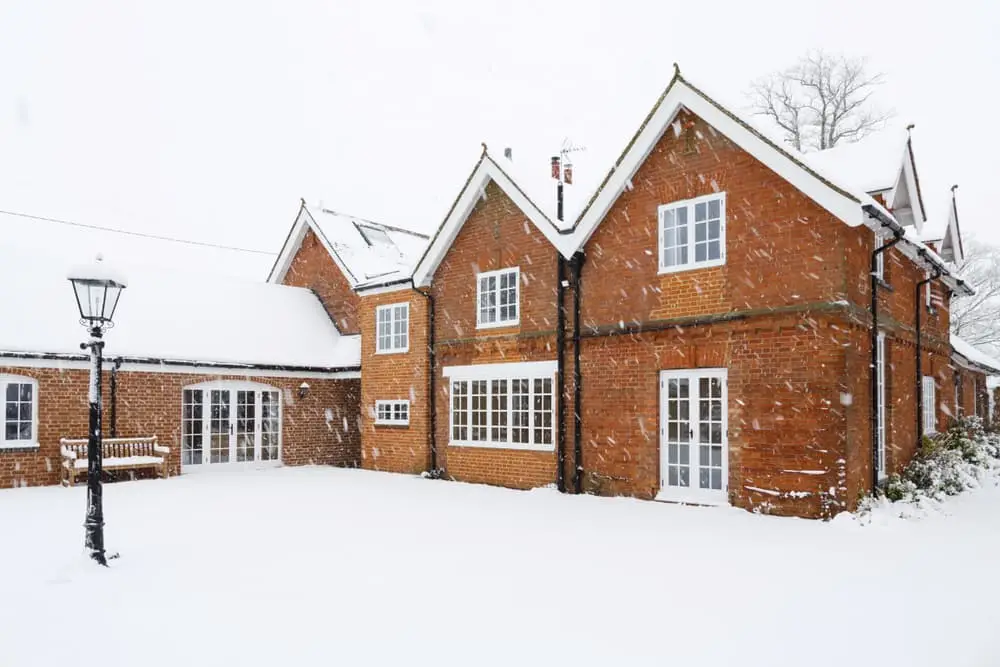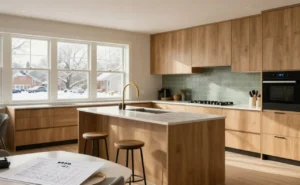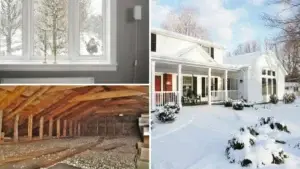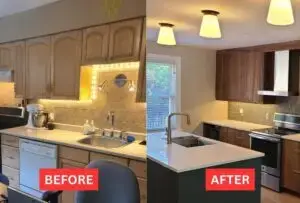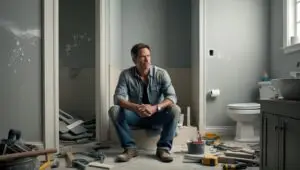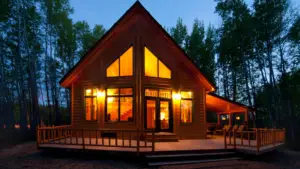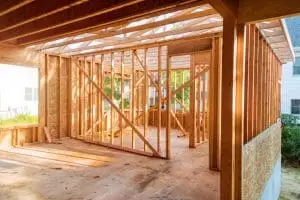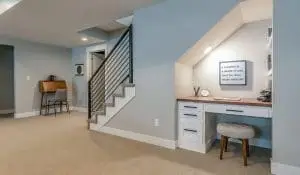Originally used for storing the horse and carriage in years ago, today, coach houses are serving a new purpose. Since there’s clearly no need for horse-drawn carriages anymore, these small structures are being repurposed as secondary dwellings to suit homeowner’s needs – as a rental unit, as a retirement space for aging parents, for adult children to live in once they return from college, and more. The options are endless as to what you can do with it. If you’re considering a coach house, transforming your garage or shed into something more useful this year, make sure to keep these 9 things in mind before getting started.
Helps Create Affordable Options for Renters
This small, freestanding structure that’s located on the same lot as the primary home is not only a great way to for homeowners to earn more income each month as a rental suite, but it’s also beneficial for renters since it helps to diversify the market, offering more affordable housing solutions. It’s an ideal way to create more rentals in established neighbourhoods and diversify the market.
Must Remain as An Accessory
Before you get started with your coach house reno project, there are a few key factors to be aware of to make sure you’re abiding by the requirements and don’t land in any legal hot water. In order to be deemed as legal, the coach house must remain as an accessory to a primary residence on the lot where it’s located. It must also be completely separate from the main house.
You’ll Need a Permit
Of course, like with any structure on your property, you’ll need to obtain a permit before beginning. Be sure to apply for it ahead of time so you can have everything ironed out and ready to go with your contractor.
Only One Per Property
According to the City of Ottawa, residences are only permitted to have one coach house per property. So, if you have an apartment unit or secondary dwelling in addition to the coach house, you will likely face some legal issues if you plan to continue.
They Must Integrate with the Neighbourhood
If you’re set on making your coach house the talk of the town with a big and bold design, you may need to go back to the drawing board. Based on government bylaws, coach houses must adhere to the same style and look of the surrounding urban neighbourhood. So consider your streetscape before you start playing with the design.
Tree Conservation Is Important
Tree conservation is taken very seriously throughout the city – as it should be. If you have any trees that are in the way of your build, you could face penalties or a fine if you jump the gun and chop them down. Instead, you’ll need to talk with a local official prior to cutting anything down.
Size Matters
Size really matters when it comes to these secondary dwellings. If you’re planning to extend the square footage of the coach house, you’ll have to stay within the designated requirements. According to the Ontario Building Codes regulations, coach houses must be shorter than the primary home and they cannot exceed 40% of the yard size that they’re in. On urban lots, the maximum size is an 80m² footprint and 95m² on rural lots. They can also be as small as 23m². For the height restrictions, urban locations are permitted 3.6 m tall and 3.2 for rural areas.
Adding a Second Story
Wondering whether it’s legal to add on a second story to your coach house to serve as a loft-style apartment? The answer is yes. Whether it’s an urban or rural setting, homeowners can create an additional level after applying and requesting it. However, they must also abide by all of the regulations outlined to be given the green light.
They Are Relatively New in Ottawa
Keep in mind that coach houses became officially legal dwellings only a few years ago. So, they’re still a relatively new concept for homeowners and renters alike. Also, the restrictions and regulations are always subject to change, so it’s important to keep up-to-date regularly to ensure that you’re staying on track with all of the legal requirements. There’s nothing worse than having everything planned, ready to go and then a legal blunder prevents you from continuing with your dream build. So, take the time to do your research and due diligence beforehand. When you’re ready to start considering a coach house project, contact us, or give us a call at (613)727-9427 at Renosgroup.ca. We can discuss your needs, offer our expert advice on how to create what you’re envisioning, and we can help you sort through all of the regulations and zoning bylaws to make it as simplified and stress-free as possible.

